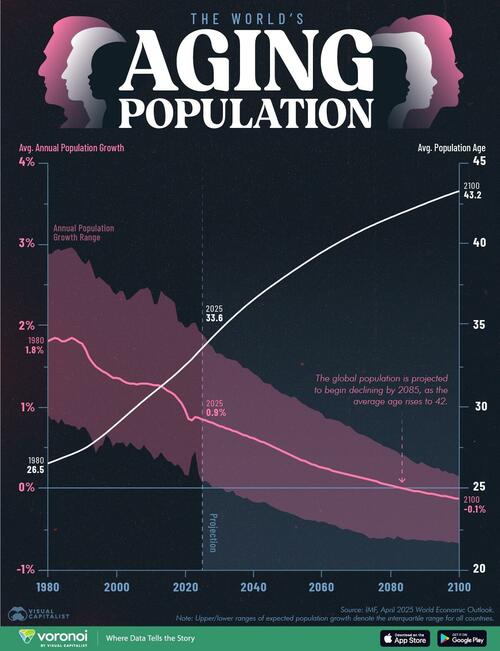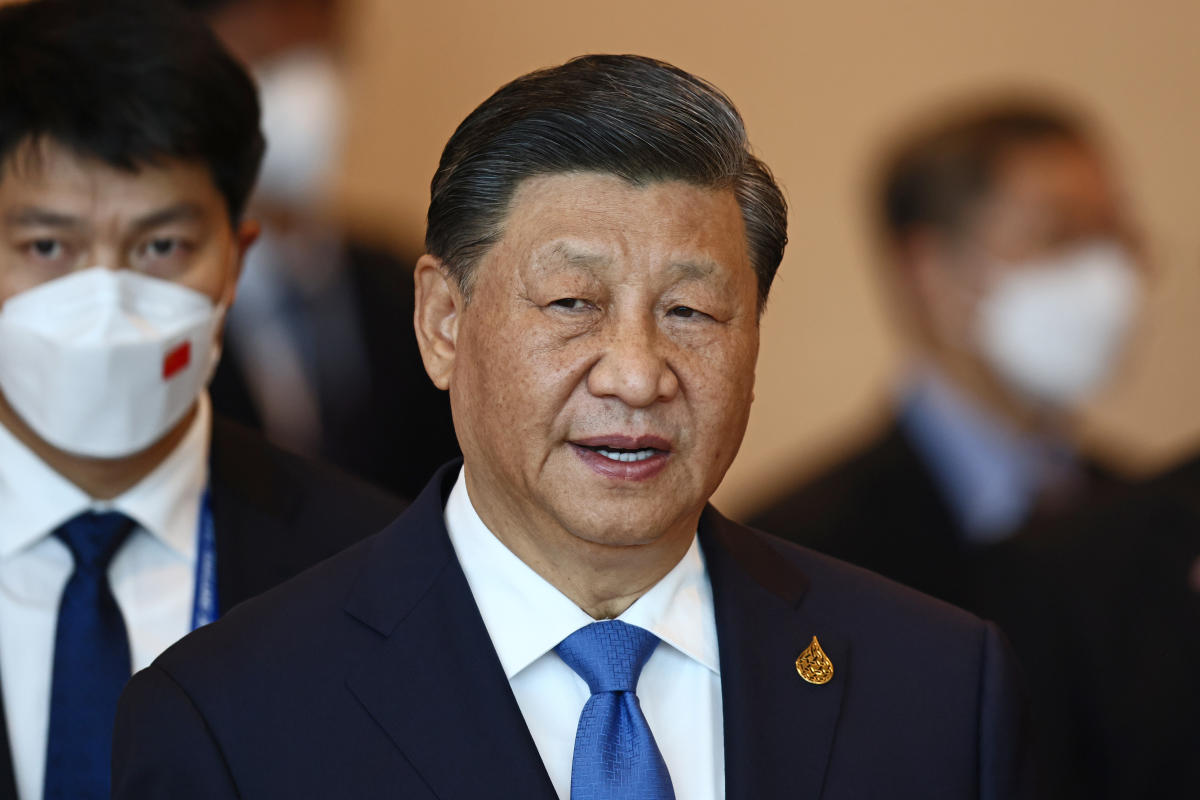On Thursday, Pakistan’s information minister Marriyum Aurangzeb announced that Lt. Gen. Asim Munir would take over as the country’s new Chief of Army Staff. Given the power enjoyed by the military in Pakistan’s domestic politics, the appointment is crucial both for Pakistan and for India.
1. Asim Munir, who currently serves as Quartermaster General, will replace General Qamar Javed Bajwa as the army chief. Bajwa, who rose to the top job in 2016, will hang up his boots after a six-year term.
2. Munir has a background in intelligence and served as the Director General of the Inter-Services Intelligence (ISI) and as Director-General of Military Intelligence.
You might also like
Why the party is not over for bank stocks
SEBI alerts RBI about NBFCs evergreening loans
Kamath hires old comrade to power JioFin juggernaut
Govt sees GDP growth lower than the latest RBI forecast
3. He also served as a defence attache in Saudi Arabia and General Officer Commanding Force Command Northern Areas. In the latter assignment, he commanded a force that deals directly with India.
4. Munir’s relationship with former PM Imran Khan has been a matter of much speculation. Munir holds the dubious distinction of being the shortest-serving chief of the ISI. He was dismissed by Imran Khan just eight months into his tenure.
5. With Imran Khan now looking to make a return to power, Munir’s appointment may prove to be a major roadblock to Khan’s ambitions given the army’s enormous power over national politics.
6. It is unclear what Munir’s stance will be towards India. His predecessor General Bajwa played a role in creating the ceasefire between India and Pakistan that has held since 2021. Bajwa also tried to build a stronger economic relationship between both countries.
7. Pakistan’s internal economic troubles, which include unsustainable debt and inflation, may necessitate a more conciliatory stance towards India.
8. Along with Munir’s appointment, Lt. General Sahir Shamshad Mirza was also picked to be Chairman of the Joint Chiefs of Staff Committee (CJCSC).
Elsewhere in Mint
In Opinion, Jaspreet Bindra reveals what’s common between the Roman empire and Twitter and Facebook. Sudipto Mundle writes on the visible hand of the state joining the invisible hand of the market. Devina Sengupta dwells on the difference between a job and a career for women. Long Story finds the baraat is back with a bang.
Download The Mint News App to get Daily Market Updates.
More
Less















